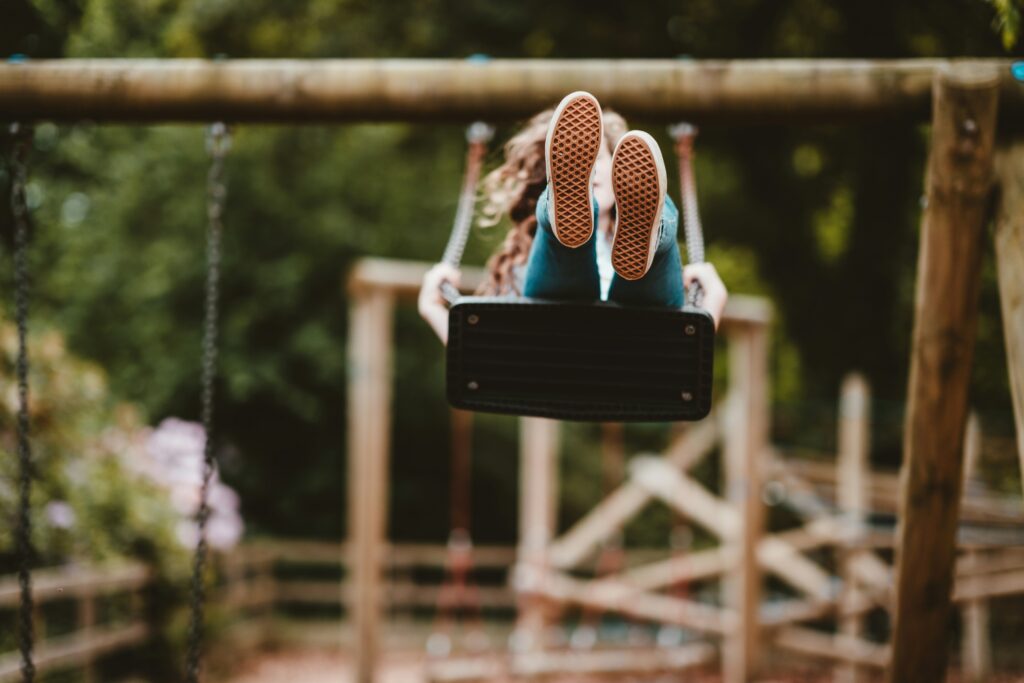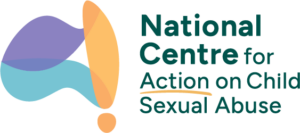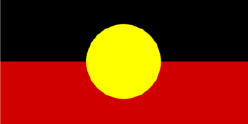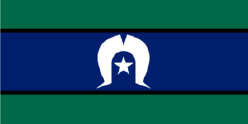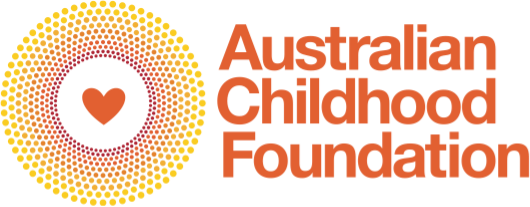Over the last year the National Centre has been working closely with the Royal Australian College of General Practitioners (RACGP) and other important stakeholders to understand the challenges they face in this work and what resources and other supports would help.
The importance of General Practitioners in recognising and responding to child sexual abuse
More than 1 in 3 girls, and almost 1 in 5 boys reported experiencing child sexual abuse1 in Australia. It is a public health issue that poses a significant threat to the safety, health and wellbeing of children, young people and adults. Child sexual abuse occurs across all demographics, in all communities, commonly in the home and by adults known to children and young people.2
Adults who have been sexually abused as children can experience poorer physical and mental health. This includes chronic health issues such as pain, trouble sleeping and impacts on their mental health and wellbeing. They are more likely to be diagnosed with post-traumatic stress, anxiety and depression and to have attempted suicide. People may also avoid health service treatments or reviews like cervical screening or prostate checks as a way of coping with the impacts of their abuse.
On average it takes 23.9 years to disclose child sexual abuse3 and many children and young people never tell their story of sexual abuse. This tells us that a significant number of people carry the secret of child sexual abuse alone for a large portion of their life.
What does this mean for General Practitioners?
179 million visits occurred to General Practitioners in 20224 with an average of nearly 7 visits per year per person5. Given the complex and enduring impacts of child sexual abuse it is likely that victims and survivors visit their General Practitioner more regularly. The Australian Child Maltreatment Study data shows significantly higher usage of hospitals, General Practitioners and allied health professionals by those who have experienced child maltreatment.
General Practitioners see children and adults daily in their practice that are at risk of, are currently, or have, experienced child sexual abuse. They are often highly trusted professionals in people’s lives, seeing them at their most vulnerable.
General Practitioners have multiple opportunities to recognise signs of abuse, respond compassionately to disclosure, provide timely and appropriate referrals to services, and support other practitioners in decision making and provision of care.
“The referral that GP did is the only reason I am here today” – Paul Klotz, Victim and survivor
We know however that General Practitioners face many challenges in their role including in working with patients with complex and multiple health and wellbeing needs. Many General Practitioners report low job satisfaction, and less than half would recommend their profession to others.6 Average consultation times are only 18 minutes, and there are increasing pressures and expectations of what can and should be undertaken and responded to in that time.
With an average of 38% of consultations across a week including a mental health component7, it is more important than ever for General Practitioners to be trauma informed and responsive in their practice.
Strengthening the skills and confidence of General Practitioners
Given this picture it is important to ask and understand the following:
- Do General Practitioners have the skills and confidence they need to work in a trauma informed way?
- Are General Practitioners supported to understand not only their reporting requirements as it relates to child sexual abuse but their role in supporting the health and wellbeing of victims and survivors in an ongoing way?
- Do General Practitioners understand who and how to access support for their patients and for themselves to manage the impacts of this work?
We recently reviewed the knowledge resources publicly available to support General Practitioners and other primary health workers and engaged with stakeholders to gain further feedback and insights.
The lack of clear information and guidance tailored to General Practitioners and primary health workers was evident. This included assisting them to be aware of the extent of child sexual abuse including prevalence and to better understand their role in supporting victims and survivors related to and beyond detection and mandatory reporting.
Less than one-third of the nearly 100 websites reviewed contained any information, reference, or resources surrounding child sexual abuse (28%), and of this only three were developed for primary health workers inclusive of General Practitioners.
A gap in training and education for General Practitioners on the lifelong impacts of child sexual abuse was highlighted as were the complexities in the mandatory reporting processes across Australia.
“The gaps are the specific trauma-informed practice and requirements that clinicians working in this space need to uphold. There is a focus on quick short term solutions but more resources need to be made to support the workforce to assist clients with long-term recovery” – Stakeholder Survey Respondent
In addition, feedback indicated a need for clinical, practice and knowledge guidelines and resources relating to:
- priority patient populations including: First Nations peoples, people with Disability, people from LGBTQIA+ communities, culturally and linguistically diverse backgrounds, children under 10 years of age, the elderly and patients with mental health needs
- decision-making guides and tools
- referral and service options and pathways
- availability of patient facing materials to raise awareness.
“The vast majority of resources focuses on mandatory reporting which is not equipping Primary Health workers to support, respond or refer” – Stakeholder Survey Respondent
Support is crucial for the wellbeing of General Practitioners
The prevalence of child sexual abuse means that General Practitioners likely hear multiple and varied experiences of abuse regularly. They are responsible for supporting people with the physical, social and emotional consequences of child sexual abuse on a daily basis within their practice.
It is also likely based on the rates of child sexual abuse that many General Practitioners have their own lived experience of child sexual abuse themselves or within their families.
Health professionals are at risk of vicarious trauma, particularly if we’ve experienced previous trauma ourselves. Unfortunately lived experience is what leads many of us to engage in this work” – Stakeholder Survey Respondent
RACGP highlight the importance of ensuring General Practitioners are supported to mitigate the risks of depression, anxiety, and other mental health concerns associated with working with trauma. This includes the availability of resources to support their physical, mental and emotional health some of which can be accessed on their website.
“This type of presentation is messy, confronting, vital and disruptive. The first time, I found I was overwhelmed with anger and despair. It is beneficial to speak to a colleague”8
As we recognise World Family Doctor Day in 2024, 28.5% of people in Australia report they have experienced or are currently experiencing child sexual abuse9.
It is critical General Practitioners actively care for people in a trauma informed way across their life. They must be a safe, capable and trusted person along the journey of hope, healing and recovery from child sexual abuse for victims and survivors. We have a collective responsibility to ensure General Practitioners have the skills, knowledge, confidence and time to be so and are supported in their critical role.
References:
- The Australian Child Maltreatment Study (ACMS)
- The Australian Child Maltreatment Study (ACMS)
- Identifying and disclosing child sexual abuse | Royal Commission into Institutional Responses to Child Sexual Abuse
- RACGP – Executive summary
- Medicare funding of GP services over time, Summary – Australian Institute of Health and Welfare
- RACGP – General Practice: Health of the Nation, 2022
- RACGP – General Practice: Health of the Nation 2023
- RACGP – How can GPs help with historical trauma following child sexual abuse?
- The Australian Child Maltreatment Study (ACMS)


